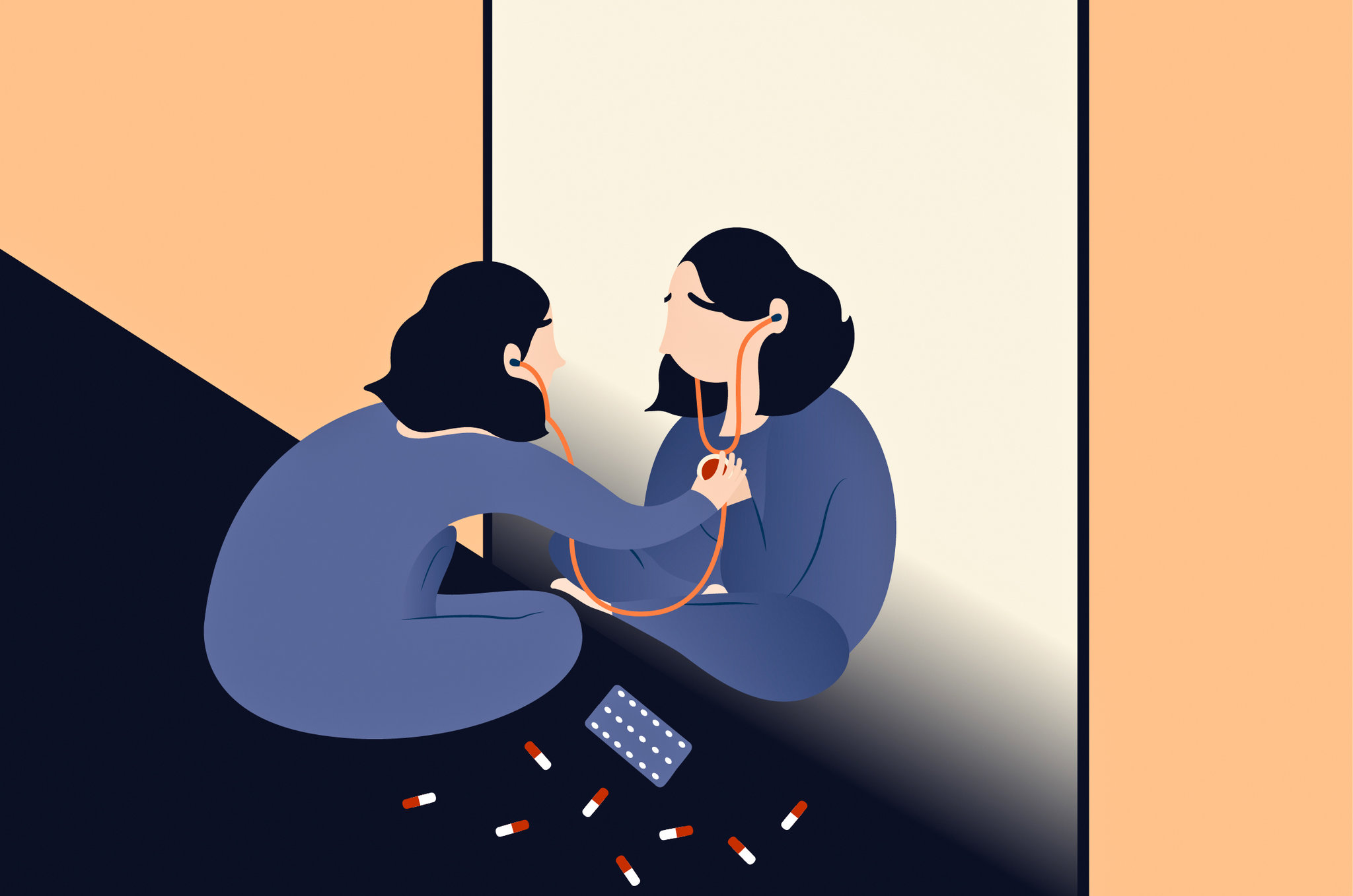Recognizing Hypochondria: Understanding the Signs and Symptoms
Hypochondria, also known as illness anxiety disorder or somatic symptom disorder, is a mental health condition characterized by an excessive fear of having a serious illness or medical condition, despite having no or only mild symptoms. People with hypochondria often engage in frequent and excessive health-related behaviors, such as seeking reassurance from medical professionals, conducting extensive online research, and constantly monitoring their bodily sensations. In this article, we will explore how to recognize hypochondria, its common signs and symptoms, and how to seek help if you or someone you know may be experiencing this condition.
Exaggerated Health Concerns
One of the primary signs of hypochondria is an exaggerated concern about one’s health. People with hypochondria may frequently believe they have a serious illness or medical condition, even when medical tests and evaluations show no evidence of such issues. They often misinterpret common bodily sensations as signs of a severe illness, leading to persistent worry and distress.
Anxiety and Worry
Anxiety and excessive worry are central aspects of hypochondria. Individuals suffering from this condition are persistently anxious about their health, often fearing the worst-case scenario. Their worry is out of proportion to the actual symptoms they experience, and it can affect their overall mental and emotional well-being.
“Doctor Shopping”
Some hypochondriacs resort to “doctor shopping,” which involves seeking multiple medical opinions from different healthcare providers until they receive the diagnosis or reassurance they desire. This pattern of behavior can strain relationships with healthcare professionals and lead to unnecessary tests and treatments.
Frequent Testing and Medical Procedures
To alleviate their anxiety, people with hypochondria may request numerous medical tests and procedures, even when there is no medical indication for them. These can include blood tests, imaging scans, and other diagnostic measures. Frequent testing not only imposes a financial burden but also puts an unnecessary strain on the healthcare system.

Excessive Reassurance Seeking
Individuals with hypochondria often seek reassurance from friends, family members, and healthcare professionals, hoping that their fears will be alleviated. This excessive reassurance-seeking can become emotionally taxing on their loved ones and lead to strained relationships.
Avoidance of Certain Places or Activities
Hypochondriacs may avoid certain places or activities they perceive as risky for their health, such as crowded spaces, public transportation, or locations where they fear exposure to diseases or illnesses. These avoidance behaviors can limit their ability to participate fully in everyday life.
Difficulty Functioning Socially and Occupationally
As hypochondria can be all-consuming, it can significantly impact a person’s social and occupational functioning. The preoccupation with health symptoms and the time spent seeking reassurance and medical care can lead to difficulties in maintaining relationships and fulfilling work or school responsibilities.
Recognizing Hypochondria and Seeking Help
If you or someone you know exhibits several of the signs and symptoms mentioned above, it’s crucial to recognize the possibility of hypochondria and seek appropriate help:
- Self-awareness: If you believe you may be experiencing symptoms of hypochondria, it’s essential to acknowledge them and consider seeking professional help. Self-awareness is the first step towards managing the condition.
- Consult a mental health professional: Reach out to a mental health specialist, such as a psychologist or psychiatrist, who can provide a comprehensive evaluation and diagnosis. They can determine whether hypochondria is the underlying issue and design an appropriate treatment plan.
- Cognitive-behavioral therapy (CBT): CBT is a highly effective therapeutic approach for treating hypochondria. It helps individuals recognize and challenge irrational beliefs about their health, reduce anxiety, and develop healthier coping strategies.
- Medication: In some cases, healthcare professionals may prescribe medication, such as antidepressants or anti-anxiety drugs, to help manage the anxiety and distress associated with hypochondria.
- Support from loved ones: Encourage those with hypochondria to seek support from friends and family. Be patient and empathetic, as they navigate their fears and anxieties.
- Education and awareness: Raise awareness about hypochondria to reduce stigma and promote understanding of this condition. Encourage open conversations and reduce the misconception that hypochondriacs are merely seeking attention.
Hypochondria is a challenging mental health condition that can significantly impact an individual’s life and well-being. Recognizing the signs and symptoms of hypochondria is the first step towards seeking help and obtaining effective treatment. With the right support and intervention, individuals with hypochondria can learn to manage their health anxiety, reduce excessive behaviors, and improve their overall quality of life. If you or someone you know is experiencing hypochondria, don’t hesitate to seek professional help to address this condition and work towards a healthier and more balanced life.



